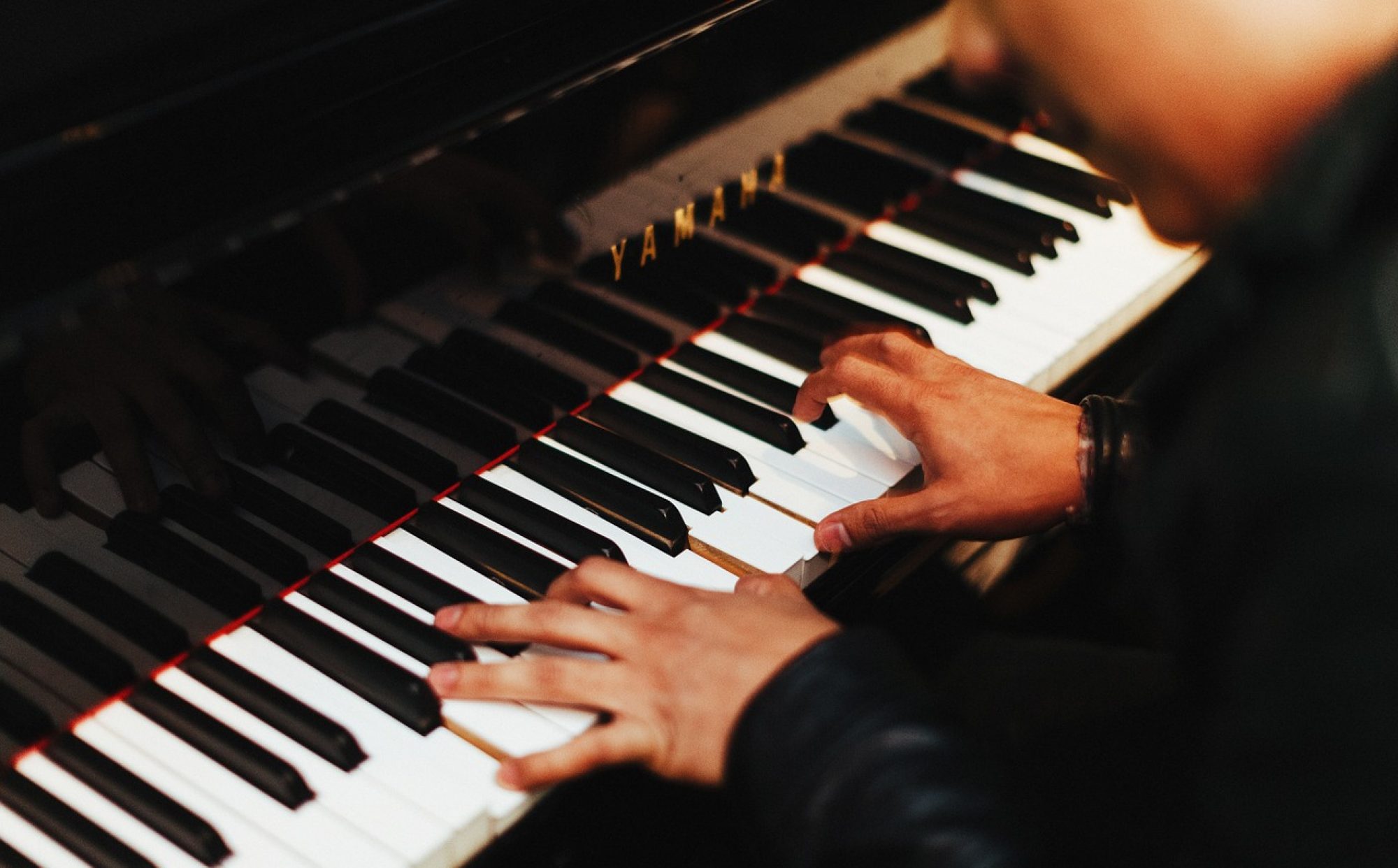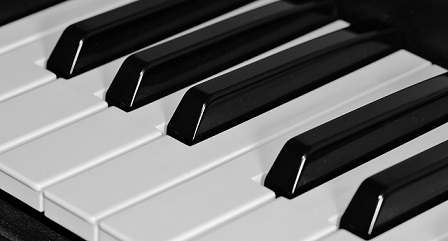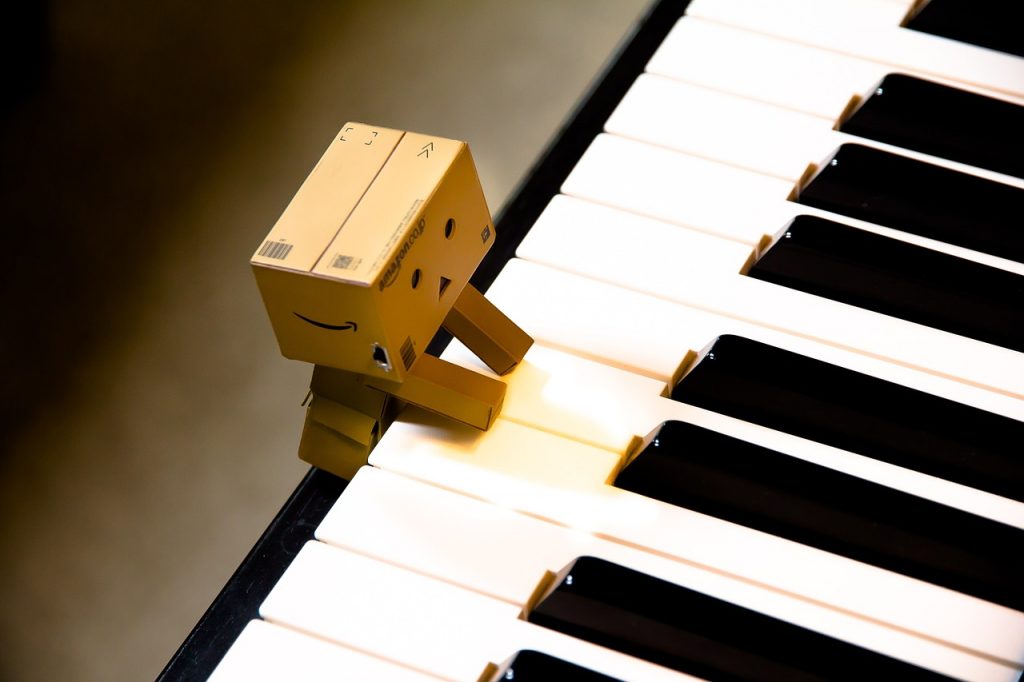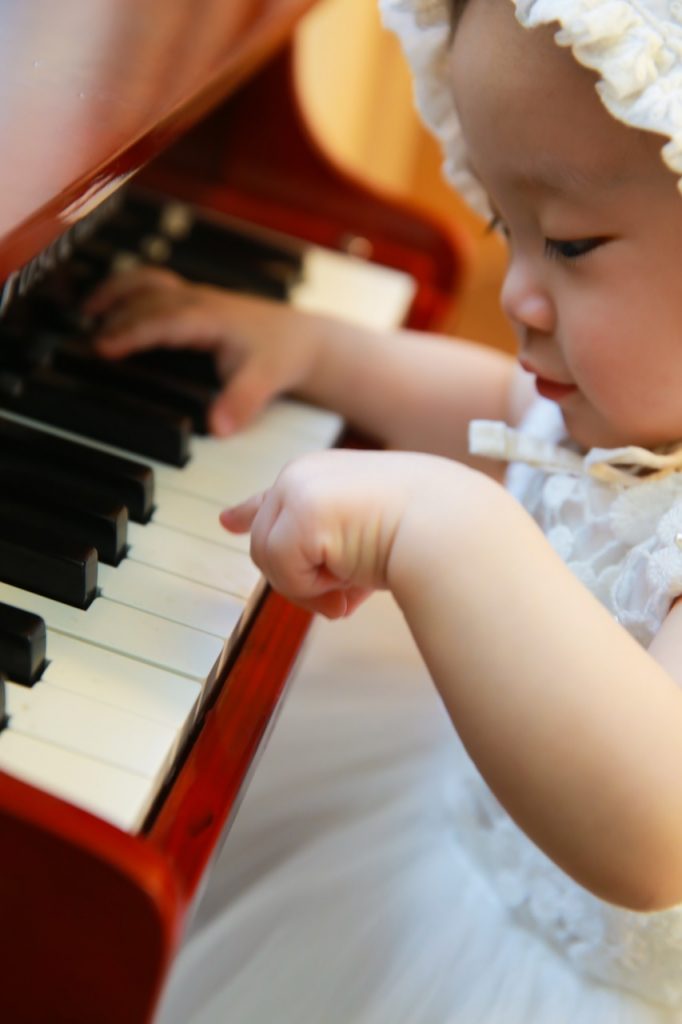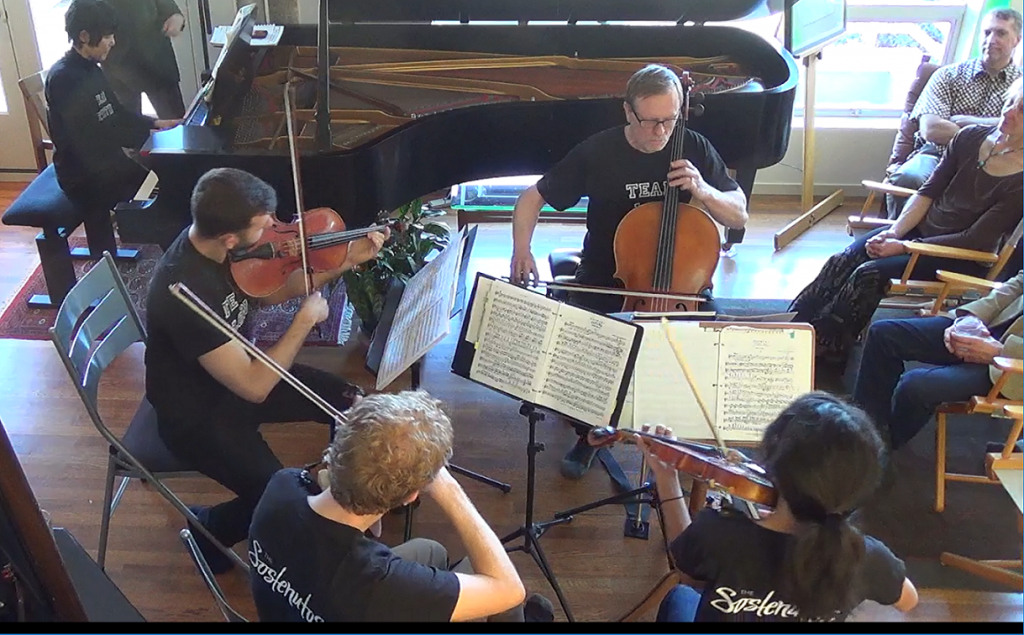I recently had a chat with multiple students’ parents about making their kids practice every day. This “no time to practice” along with “my dog ate my piano book!” type of excuses seem to be a common theme among piano students. Then, I gave a suggestion of “incremental practicing”, and for them, it is working very well so far.
“Incremental Practicing” – which means to spread practicing into multiple short 5-10 minutes per session throughout the day (and make it as a daily routine)
Here are some examples (but not limited to):
* practice 5-10 minutes during school recess (if any and if allowed)
– or –
* practice 5-10 minutes during lunch time (if allowed)
– or –
* practice 5-10 minutes right after the school finished
– or –
* practice 5-10 minutes before the dinner
– or –
* practice 5-10 minutes after the dinner
… and so on
The key here is splitting the session into small segments, so that student can focus practicing small tasks (listen to the music, practice one page of the music per session, 4 measures of one music, last line of the music, etc.) within the short period of time. This plan looks very tedious, but it can be effective to focus for 5-10 minutes on a small task rather than one 30+ minutes session handling big chunks. With school being online these days, I discussed with parents that this is not impossible.
If this is too much to manage, no worries. This is just one example of practicing that worked for some people. It’s not a mandatory approach.
Another student of mine started having a regular short Zoom meeting with their grandparents to play their piano pieces to entertain grandpa and grandma weekly. This activity can be one of the segments of “incremental practice” and this approach is motivating them to practice regularly:)
Another student started sharing her piano playing to her friends via FaceTime. This is another activity of “incremental practice” and really motivating her to practice:)
I’ll keep you posted if I come up with other creative ways to get students motivated to practice.
Emiko
